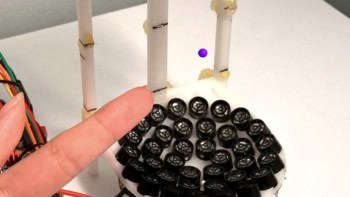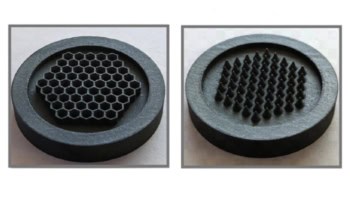Available to watch now, TA Instruments – Waters and Oxford Instruments explores what is needed to enhance battery performance to aid global electrification
Want to learn more on this subject?

As global demand for electrification grows, so does the need for reliable, affordable batteries. Battery technology will be pushed to meet these demands over the next 10–15 years, and developers with cutting-edge techniques will have a significant advantage.
Specifically, battery developers are tasked with improving five key qualities in their products:
- Double the energy density
- Quadruple the power density
- Make batteries safer
- Double their lifespan, and
- Reduce cost of electrode manufacturing and halve the cost for each cell.
Achieving these breakthroughs in battery technology will require thorough material characterization and development. Understanding and optimizing battery materials is possible through leveraging multiple powerful material-analysis techniques.
This webinar will cover the essential material characterization techniques that today’s labs need to adopt to develop the batteries of tomorrow.
Want to learn more on this subject?

Hang Kuen Lau, TA Instruments – Waters LLC
Hang Kuen Lau, PhD, is a segment field marketing manager focused on the battery market. Hang joined TA Instruments in 2018 as an applications engineer supporting the thermal product lines and has worked as a scientific lead in new market development for batteries. She received her PhD in materials science and engineering from the University of Delaware and earned her BS/MS from Drexel University.

Alexandra Stavropoulou, Oxford Instruments NanoAnalysis
Alexandra Stavropoulou is a geologist by training. She studied in the National and Kapodistrian University of Athens and in Trinity College Dublin. The study of minerals and nature has always intrigued her, initially emphasising on metals (gold and manganese occurrence), later expanding to rock texture analysis. Microanalytical approaches, especially scanning electron microscopy (SEM) coupled with energy dispersive spectroscopy (EDS) and electron backscatter diffraction (EBSD) opened up new doors for Alexandra in the observation and quantification of minerals and rocks properties. She joined Oxford Instruments in 2020 as a segment marketing scientist, focusing on battery materials characterization.





